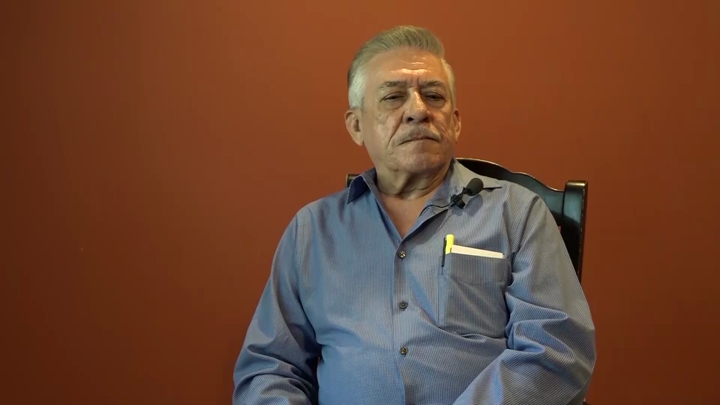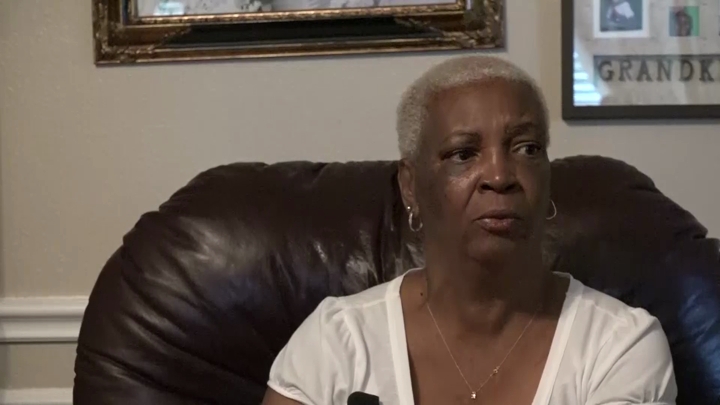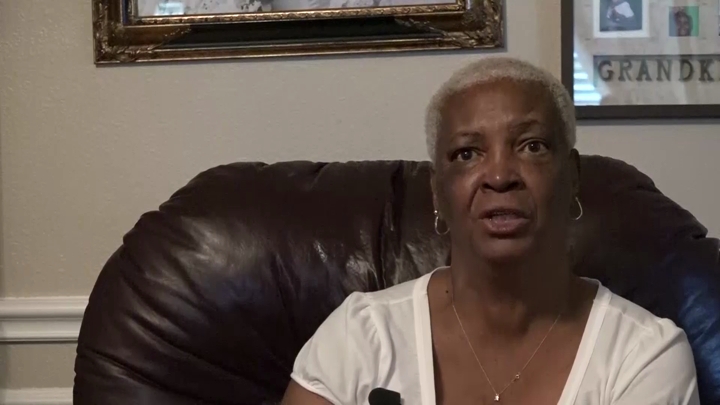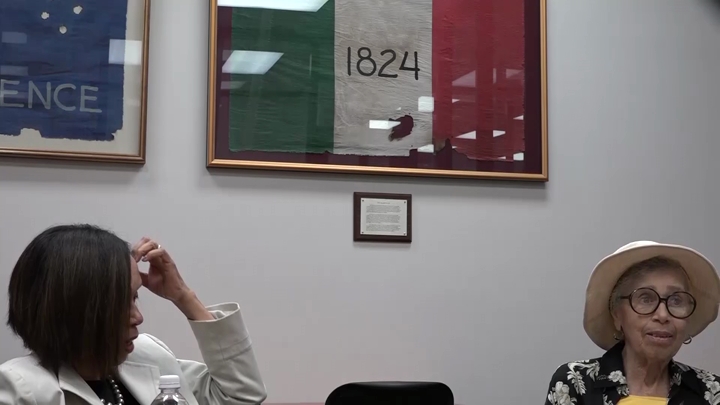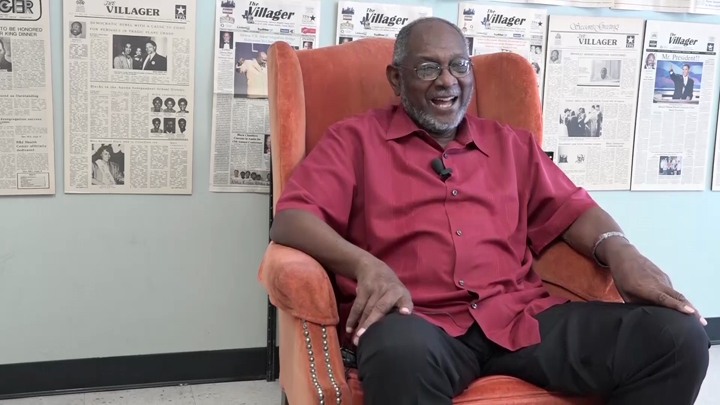Johnson / Education
sign up or sign in to add/edit transcript
Interviewer: So, tell me about your schooling. You said you primarily went to school in Rockdale. Could you tell me what your school looked like, who some of your teacher were, the condition of the schools, things like that? Johnson: It was a frame building. Julius Rosenwald school, if you’re familiar with Rosenwald. Pretty nice compared to others in other cities, but there was (inaudible) because were it not for the Rosenwald, we likely would not have had a school. I think I was fortunate because all the way I had good teachers who took an interest and they were pretty serious about maximizing the ability, possibility for their students. I was always grateful for that because they did the best that they could under the circumstances. I didn’t know of anything other than that that could be described. Had good teachers. Of course, compared to the white school—whites had a brick school. Two-story, pretty fancy compared to what I had. Interviewer: What about school supplies? Materials? Books? Johnson: We got the books that had gone through the white school. Back then they put about five spaces for student name in the book and those spaces were always full when we got the books. Supplies? I’m not sure. It was heated by coal. Rockdale is over a large lignite deposit. Poor grade of coal but it’s effective in heating. That was the basis of (inaudible) going there. I don’t know about any other supplies. The books and we used sawdust to sweep the floor. Supplies, what do you have in mind when you said supplies? Interviewer: I was talking about books— Johnson: Books mainly. Oh okay. Well, we got the books after they were ready for discarding when we usually got them. I don’t remember a time where I could put my name on either one of the five lines or six lines. Whatever length of time the book was to be used, they put spaces there for the student. Of course, the process then was to take them up at the end of the year, issue them in the beginning of the year and for that year, you put your name in it. Most of the time we had to put our names in the space underneath or above. That was the rule. Interviewer: The books were at least five or six years old by the time you got them? Johnson: Yeah.
| Interview | Interview with James E. Johnson |
| Subjects | Discrimination or Segregation |
| Discrimination or Segregation › Discrimination or Segregation at School | |
| Education | |
| Education › All-Black Education | |
| Education › All-White Education | |
| Education › Educational Buildings and Physical Environment | |
| Education › Elementary Education | |
| Education › Secondary Education | |
| Education › Teachers and Administrators | |
| Education › Quality of Instruction | |
| Historic Periods › Jim Crow Period | |
| Education › Rosenwald Schools | |
| Tags | sign up or sign in to add/edit tags |
| Interview date | 2015-07-21 |
| Interview source | CRBB Summer 2015 |
| Interviewees | Johnson, James E. |
| Interviewers | Acuña-Gurrola, Moisés |
| Bynum, Katherine | |
| Duration | 00:03:50 |
| Citation | "Education ," from James E. Johnson oral history interview with Moisés Acuña-Gurrola and Katherine Bynum, July 21, 2015, Prairie View, TX , Civil Rights in Black and Brown Interview Database, https://crbb.tcu.edu/clips/691/education-4, accessed February 24, 2026 |


